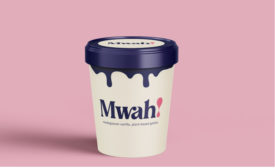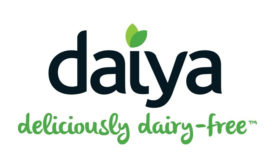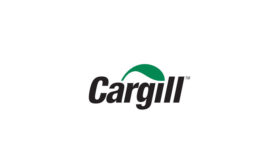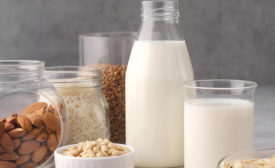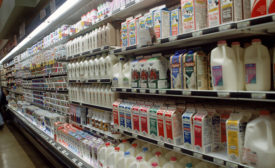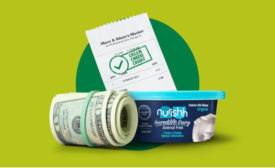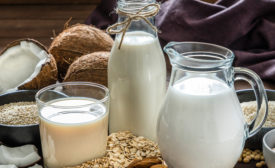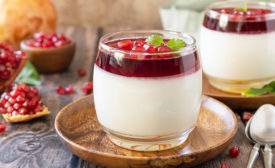Home » plant-based
Articles Tagged with ''plant-based''
Mwah! is a London-based company that is cracking the code on developing the creamiest and most indulgent dairy-inspired products.
Read More
Daiya to make plant-based cheese it states is tastier, meltier and stretchier than any competitor
The company expects to see this innovation reach the marketplace by the end of the year.
March 2, 2023
Cargill teams with CUBIQ
Agreements aimed at developing and accelerating wide-scale commercialization of CUBIQ's fat technologies.
March 1, 2023
FDA announces recommendations for plant-based foods sold as milk alternatives
The FDA is accepting comments on the draft guidance. A manufacturer may choose to implement the recommendations in a draft guidance before the guidance becomes final.
February 22, 2023
Hybrid dairy/plant products promise better nutrition
Can dairy products that combine the best of dairy and plant features appeal to flexitarians?
February 10, 2023
Dairy and plant-based milks continue to see strong dollar sales
Dairy milks grow nearly 10%, while plant-based milks continue to gain ground
February 8, 2023
Nurishh offering $200 incentive for consumers who switch to its products
The first alternative dairy brand from Bel Brands USA is made in partnership with Perfect Day.
February 7, 2023
Consumer perceptions: Dairy vs. plant-based
Dairy products strengthen health, while plant-based given edge in sustainability.
January 30, 2023
Danone North America adds plant-based creamers to its lineup
Company debuts Silk Mocha Almond Creamer and So Delicious Dairy Free French Vanilla Coconutmilk Creamer.
January 12, 2023
Overcoming challenges of plant-based hybrids
The rise of flexitarianism among consumers has led to diversification and innovation in the category.
December 28, 2022
Stay ahead of the curve. Unlock a dose of cutting-edge insights.
Receive our premium content directly to your inbox.
SIGN-UP TODAYCopyright ©2025. All Rights Reserved BNP Media.
Design, CMS, Hosting & Web Development :: ePublishing
